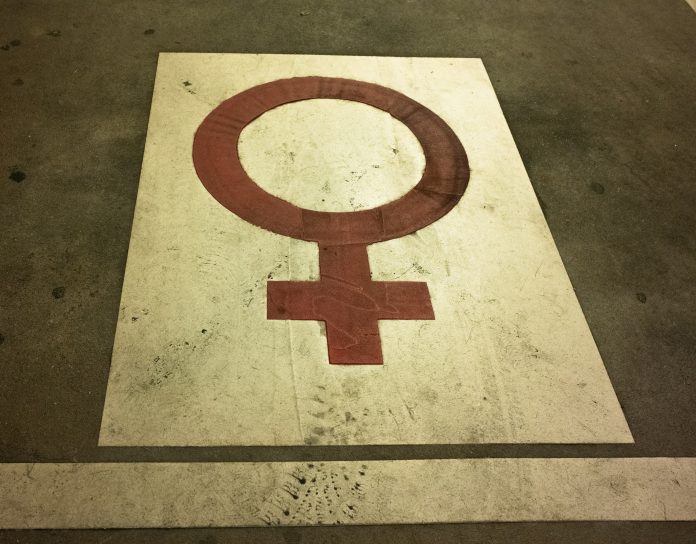
While looking through DePauw’s archival collection, I was focused on finding information that spoke about women’s liberation and women’s rights for the purpose of critical analysis. In my findings, I was aware of a particular language that was unsurprising for the time. Importantly, the lack of dialogue pertaining to the disparities of people that weren’t white but did identify with femininity did not go unnoticed.
In a piece from The DePauw that was issued on March 11, 1977, a student by the name of Debbie Schwieder wrote a piece titled “Men on Women.” The story consisted of her asking men at DePauw to define feminism.
Bard Beesley, a student and a member of Phi Gamma Delta (Fiji) at the time, was asked this question.
“I believe in equal opportunities for males and females if, whatever that work entails, the female does her share,” Beasley stated.
The problem here is the use of the term “female.” When referring to women as females, we are essentially referring to them based on their biological and reproductive capabilities. Not to mention, the term female can be used to describe animals and plants. So using a term that isn’t an accurate indicator of what it is to be a woman, makes what Beasley said degrading as well as insufficient.
Demetrios Alevizopoulos, who also attended DePauw at the same time as Bard, had some things to add.
“I’m for feminism and equal rights. If women do the same job and have the same responsibilities as men, then they should get paid the same. But, I don’t like it when women try to act and dress like men. I don’t want to have to wrestle with a wrestler,” Alevizopoulos said.
I have many questions for Mr. Alevizopoulos. What does it mean when women “dress” and “act” like men? What does it mean to equate women with wrestlers? The rhetoric of his statements is extremely problematic in that they are limiting all women.
In “Hood Feminism: Notes From the Women That A Movement Forgot,” Mikki Kendall expresses the following issue with feminism.
“We rarely talk about basic needs as a feminist issue. Food security, access to quality education, safe neighborhoods, a living wage, and medical care are all feminist issues. Instead of a framework that focuses on helping women get basic needs met, all too often the focus is not on survival but on increasing privilege for women who already have their needs met,” Kendall said.
This applies to all three waves of feminism. It goes without saying that women should be paid equally and should have the ability to have the same jobs as men. However, when talking about the inclusive demographic of women, there are other needs that need to be addressed, and this is evident from the ignorance of the story that was pulled from the Archives.
